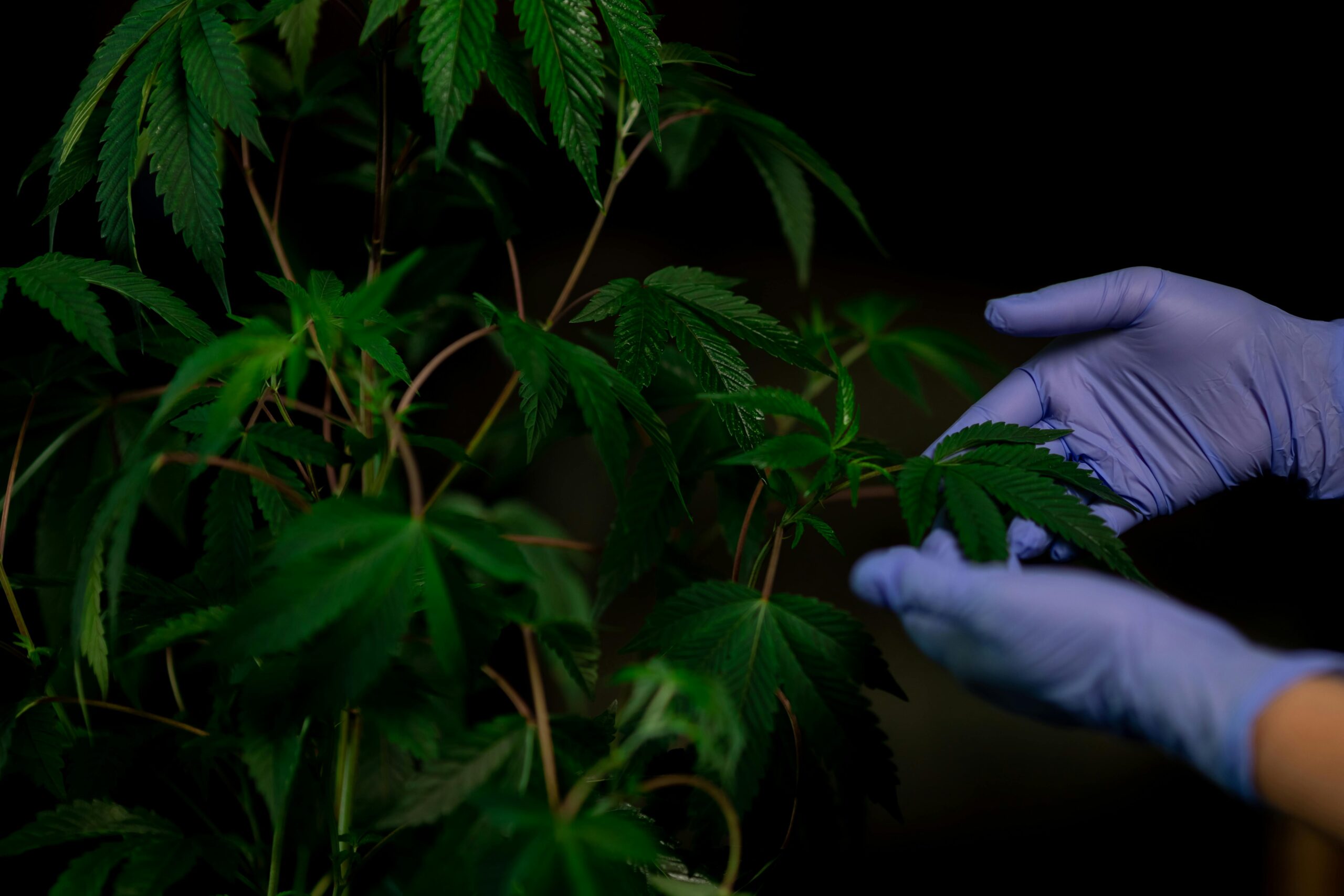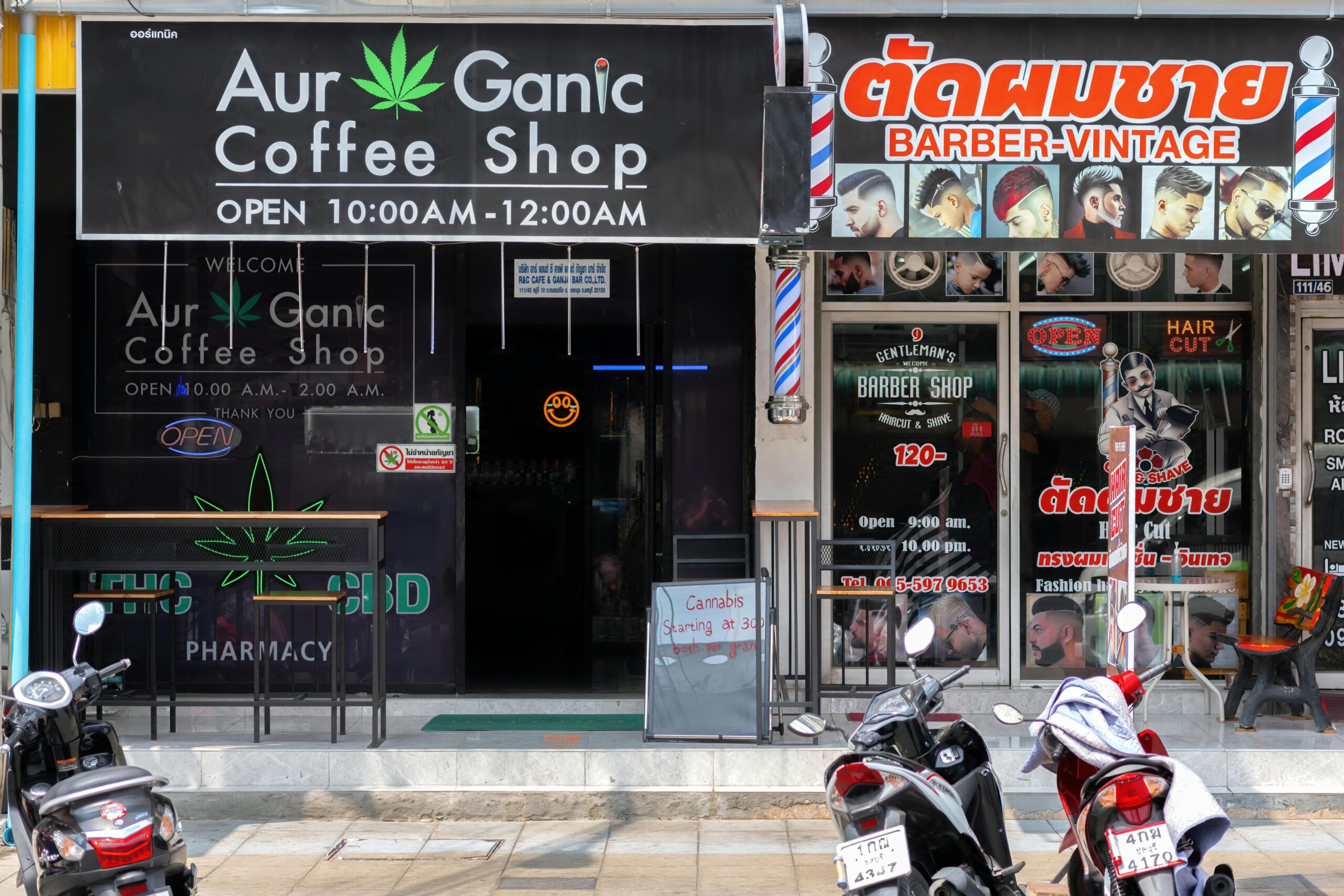In a major policy reversal, Officials plans to ban recreational weed use in less than two years after becoming the first Asian nation to legitimize cannabis. The landmark decision in 2022 had sparked a wave of optimism among cannabis advocates and entrepreneurs. Government officials are now moving quickly to restrict non-medical use due to growing concerns over public health, youth access, and social consequences. This shift reflects changing political priorities and a new administration’s intent to reframe cannabis policy under a more conservative lens.
Thailand’s Historic Move to Decriminalize Cannabis
In June 2022, Thailand made global headlines by removing cannabis from its list of narcotics. This made it the first Asian country to effectively legalize marijuana for personal use. The decriminalization effort followed years of policy shifts that included legalizing medical cannabis in 2018. Encouraging hemp production as a sustainable economic crop. The original goal was to boost Thailand’s economy, especially in rural areas, through the promotion of cannabis as a high-value agricultural product.
Under the decriminalization law, cannabis was removed from Category 5 of the Narcotics Act, and individuals could possess, cultivate, and sell cannabis plants, provided the THC content remained under 0.2 percent for hemp. Shops selling cannabis flower, oils, and edibles quickly opened across major cities, with some areas like Bangkok and Chiang Mai seeing a surge in cannabis tourism. More than 6,000 dispensaries now operate nationwide.

The Cannabis Boom: Economic Promise and Public Concerns
After legalization, Thailand saw a boom in cannabis businesses, particularly among young entrepreneurs and farmers looking to diversify income streams. Tourists and locals alike embraced the newfound accessibility. Dispensaries, cafes, and wellness centers popped up in popular tourist destinations. Local authorities even supported cannabis festivals and events as the government initially promoted cannabis as an economic driver.
However, this boom was accompanied by concerns from educators, medical professionals, and parents. Critics pointed to a rise in cannabis-related hospital visits and fears that teenagers were gaining easy access to cannabis products. The lack of a clear regulatory framework left a legal gray area that allowed widespread use without strong oversight. Public health groups also raised alarms about the normalization of cannabis use. They argued that it could undermine efforts to prevent addiction and substance abuse.
The 2023 Election Changed the Landscape
Thailand’s general election in May 2023 marked a turning point. The new government, led by Prime Minister Srettha Thavisin of the Pheu Thai party, promised stricter cannabis laws as part of its platform. The administration made it clear early on that it viewed cannabis use as a public health issue, not a recreational right. The party expressed concern that the rapid rollout of legalization had outpaced the development of necessary safeguards.
The health ministry announced it would draft new legislation to tightly regulate cannabis, limiting its use to strictly medical and research purposes. Under the proposed legislation, cannabis would no longer be available for recreational use, and all cannabis-related businesses would need to obtain licenses and meet specific criteria focused on medical applications.
New Cannabis Bill Set to Pass in 2025
In July 2024, Public Health Minister Somsak Thepsuthin announced that the new Cannabis and Hemp Control Act was nearing finalization and would be submitted to Parliament in late 2024. The proposed bill outlines a clear ban on recreational cannabis use and re-establishes penalties for public consumption. Individuals who violate these restrictions could face fines and jail time.
The draft law allows for medical cannabis use, but only through prescription and under close supervision. Cannabis products must be produced in licensed facilities, and advertising of cannabis or cannabis-infused items will be prohibited. Dispensaries and cannabis cafes, many of which now rely on walk-in customers and open-air sales, would either need to transition into medical facilities or close.
The government also stated that it would provide a grace period for existing businesses to comply with the new rules. However, officials made clear that the priority is to protect the public, particularly children, from what they describe as unchecked commercialization of a mind-altering substance.
Pushback from Cannabis Industry and Advocates
Not everyone supports the new restrictions. Cannabis business owners, farmers, and advocacy groups argue that the sudden policy reversal will destroy an emerging industry that has created thousands of jobs and generated new sources of income. Many had invested heavily in infrastructure, supply chains, and branding in anticipation of long-term legal cannabis growth.
Critics of the new bill say the government should focus on regulating, not banning, recreational use. They advocate for age restrictions, quality control, and zoning laws rather than a blanket prohibition. Some legal experts also warn that criminalizing recreational use again could lead to a rise in black market activity and put an end to the transparency created by legalization.
Cannabis reform groups have organized protests and petition drives to keep the recreational market alive. Some have accused the government of yielding to international pressure or reverting to outdated drug policies that have historically led to overcrowded prisons and failed public health outcomes.
Cannabis and Tourism: What Happens Next?

Thailand had begun to carve out a niche in the global cannabis tourism market. Foreign visitors were drawn by the novelty of legal weed in Southeast Asia, where drug laws in most countries remain extremely harsh. Cannabis cafes became popular among tourists in places like Phuket, Pattaya, and Bangkok. With the new law banning recreational use, many fear the tourism boost could vanish. Travel agencies and local businesses that marketed cannabis as part of the Thailand experience may now need to pivot quickly. There is also confusion about how the new laws will affect foreign travelers who may not be aware of the changes.
Government officials have not yet clarified how enforcement will work for tourists, but the expectation is that public use will be prohibited and punishable regardless of nationality. The shift could put an end to cannabis-themed tours, open-air markets, and pot-themed hospitality services.
Comparing Thailand’s Approach to Other Nations
Thailand’s initial decision to legalize cannabis stood out in Asia, where countries like Singapore, Indonesia, and Malaysia enforce harsh drug laws. By decriminalizing cannabis, Thailand appeared to position itself as a progressive outlier willing to challenge regional norms.
Now, its reversal seems to align more with other Asian countries’ conservative stance on drug use. Some analysts say this move signals that Thailand was never fully prepared to implement recreational legalization responsibly. Others view the rollback as a response to domestic cultural and political pressures rather than a broader policy failure. In contrast, Western nations such as Canada, Germany, and some U.S. states have embraced recreational cannabis with regulated models. Thailand’s policy shift may serve as a cautionary tale for other developing countries considering rapid cannabis legalization without strong regulatory systems in place.
Read More: Cannabis: If You’re Trying to Relieve Stress Less is More. Here’s How Much You Need.
The Future of Cannabis in Thailand

Thailand’s evolving cannabis policy reflects the country’s struggle to balance economic opportunity with social responsibility. What started as a bold experiment in decriminalization now faces a sharp correction. The government insists its new approach will reduce harm, especially among young people, while keeping the door open for legitimate medical use. Whether the new law will stabilize the situation or cause further disruption remains uncertain. If passed, it will radically change the future of cannabis in Thailand. Entrepreneurs may exit the market, tourists may look elsewhere, and enforcement challenges may arise once again. For now, Thailand’s cannabis industry hangs in the balance. What was once celebrated as a regional milestone may soon become a cautionary case of what happens when policy outruns preparation.
Disclaimer: This article was created with AI assistance and edited by a human for accuracy and clarity.

